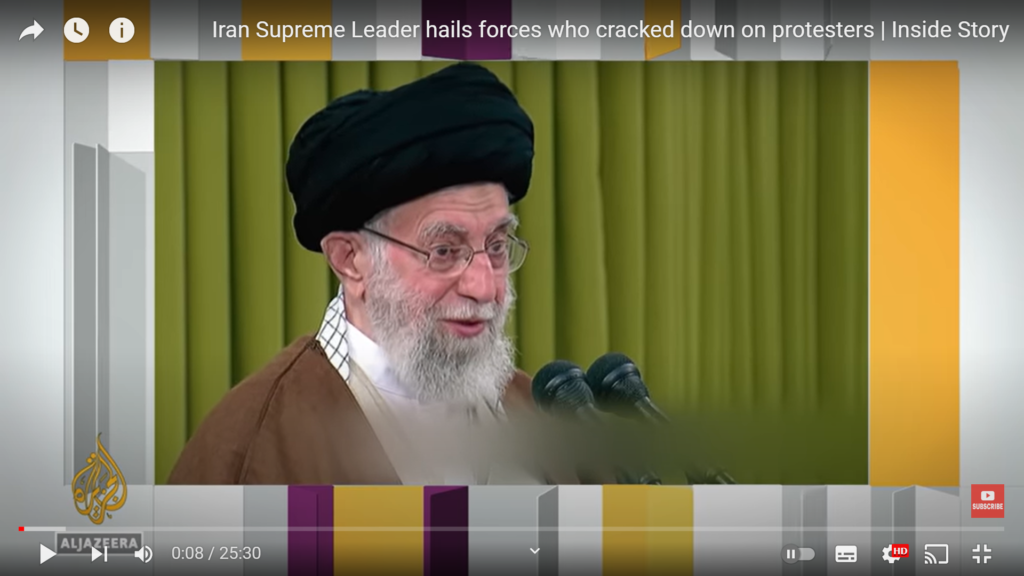Iran has been disseminating false information regarding the outcomes of its military strike on Israel on April 13, referred to as “the real promise,” portraying it as a significant “victory.” In reality, it was a substantial military achievement for Israel.
This pattern is not new; the Iranian regime seeks military achievements to boast about, particularly after facing repeated setbacks at the hands of Israel, including operations conducted by the IDF and the Israeli Mossad.
These include the assassination of Mohsen Fakhri zadeh, a key figure in Iran’s nuclear program, targeted killings of senior officers in the Revolutionary Guards, the retrieval of the Iranian nuclear archive from Tehran, the destruction of numerous drones in Kermanshah, and the recent assassination of General Hassan Mahdavi in Damascus.
There are numerous undisclosed Israeli achievements on Iranian soil.
Responding to mounting internal criticism within Iran, including from its supporters and hawkish senior officers within the Revolutionary Guards, Supreme Leader Ali Khamenei has opted to alter Iran’s strategy towards Israel and discontinue the policy of containment.
Khamenei draws encouragement from what he perceives as the weakening and fragmentation of Israeli society, coupled with the contentious relations between Prime Minister Netanyahu and President Biden.
He views this as an opportune moment to act against Israel.
Additionally, the Iranian regime’s newfound confidence, stemming from Iran’s status as a nuclear threshold state nearing nuclear weapon capability, emboldens Khamenei to adopt a bolder stance towards Israel.
Iran’s Chief of Staff, Mohammad Bakri, announced on April 14 that Iran had conveyed a warning to Washington, through Switzerland, that it would target American bases in the region if Israel launched a military strike against Iran.
Meanwhile, “Revolutionary Guards Commander” General Hossein Salami disclosed that Iran has revised its approach towards Israel, introducing a new equation: “Any harm inflicted by Israel on Iran’s interests, officials, or citizens will be met with a retaliatory attack on Israel from Iranian territory,” he stated in an interview with Iranian television.
This revised Iranian policy presents Israel with a significant military dilemma. Will it persist in targeting Iranian assets in the Middle East, such as in Iraq and Syria, as it has done in recent years, despite the risk of Iranian retaliation on Israeli soil?
What course of action will Israel take if it possesses credible intelligence regarding arms transfers from Syria to Hezbollah in Lebanon or plans by senior members of the Revolutionary Guards to launch an attack? Will it refrain from further military strikes?
In essence, Iran seeks to leverage its military strike on Israel on April 13 to establish a new deterrence policy against Israel.
Effectively, the new Iranian approach signifies the end of the “strategic patience” policy instituted by Supreme Leader Ali Khamenei.
The conflict between Israel and Iran has entered a critical juncture that poses a formidable challenge to Israel.
Israel cannot afford to accept Iran’s new approach, which aims to curtail its freedom of military action in the Middle East, essential for safeguarding its vital security interests.
Moreover, Iranians are also issuing threats against American interests in the region, likely in a bid to pressure the Biden administration to restrain Israel’s military activities.
Given this scenario, a new round of hostilities between Israel and Iran appears inevitable.




